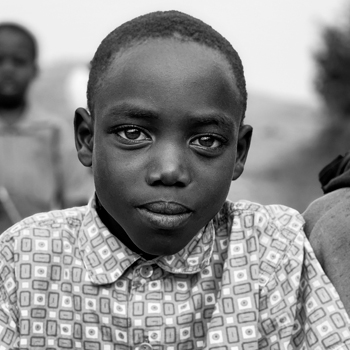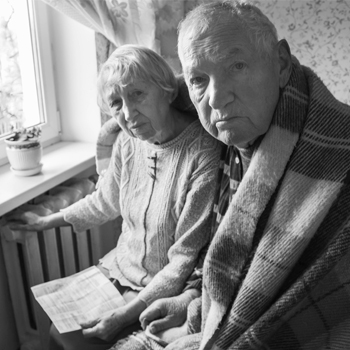What does it mean to experience poverty? How is it defined differently based on your perspective?



At a glance, you may define poverty as experiencing an acute or systematic material lack – not having finances, food, clothing, shelter, and other basic material items needed for survival. However, many people categorized as “poor” by those definitions describe poverty in more nuanced terms (World Bank, Voices of the Poor, 2000).
When asked “What is poverty?” they use words and phrases like these:
“Being poor is always being tired.” (Kenya, p. 36)
“Deciding who will eat, you or your son.” (Ukraine, p. 35)
“Poverty is lack of freedom, enslaved by crushing daily burden, by depression and fear of what the future will bring.” (Georgia, p. 37)
It’s having “numerous small, often dangerous, jobs, rather than one job.” (South Africa, p. 37)
“I feel ashamed, standing before my children when I have nothing to help feed the family. I’m not well when I’m unemployed. It’s terrible.” (Guinea-Bissau, p. 37)
“Fear of the landlord misbehaving, trouble by police. Poor people always fear exploitation.” (Nepal, p. 38)
“A feeling of powerlessness.” (Cameroon, p. 39)
In a recent interview with a member of our team, a new friend of ours Sandeep Maity shares about his own similar experiences with poverty growing up in an Indian shanty and “shopping” as a five-year-old at the nearby dump. We invite you to listen as he vividly retells what his life was like before being welcomed to a Compassion International child development center. Compassion International, a partner of Dairyland, exists to serve families and children, like Sandeep once was, trapped in poverty around the world.
From these snapshots we can see that poverty is more than just economics. It is physical, relational, psychological, cultural, geographical, and more. If poverty is more than money, then we must make holistic, meaningful efforts to end it.
That’s why we encourage and choose to partner with organizations that see the whole and contextualized person, honoring their dignity and humanity. Doing so requires relationship, humility, and a posture of genuine care for another’s long-term wellbeing. We must also recognize that since we cannot do it all, we are most effective when we specialize in our area of expertise and join forces with others who are experts in theirs. For example, our partners International Justice Mission and Equal Justice Initiative specialize in strengthening justice systems so people do not need to live in fear of abuse and exploitation. Another partner, Samaritan’s Purse, offer tangible survival supplies in the wake of devastating crises and displacement. Yet others, like Compassion International, co-create development initiatives that stabilize employment opportunities. Through these partnerships we are forming a world that is safer for people experiencing poverty.
In the first few months of this year, our team is doing a deeper dive into understanding poverty and how it is countered through the work of our partners. If you would like to learn more alongside us, or about how your Dairyland partnership has impact, please read more in the Live Engaged blog, or reach out to us at LiveEngaged@dairyland.com.
Reference: Narayan, D. (2000). Voices of the poor: Can anyone hear us? World Bank. Retrieved from http://documents1.worldbank.org/curated/en/131441468779067441/pdf/multi0page.pdf